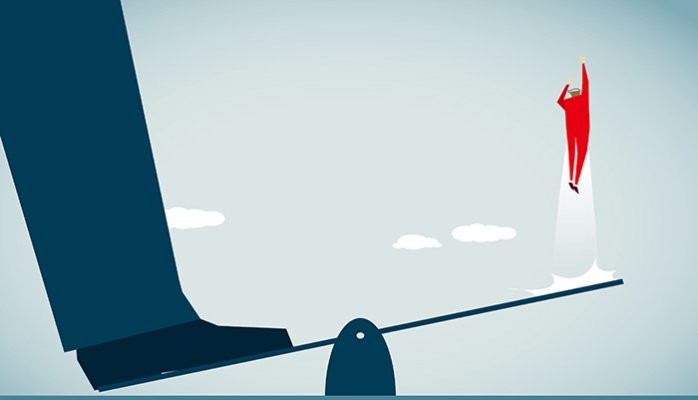
What does leverage mean for Procurement?
Leverage - it's at the very foundation of what we do in procurement: leveraging spend across the enterprise to drive savings, leveraging knowledge to manage organizational risk and leveraging relationships to building strategic supplier partnerships. How advanced is your organization in leveraging all you have at your disposal to drive value?
Phase 1 - Strategic Sourcing
If you are part of a Procurement team, your organization has already initiated strategic sourcing in some form or fashion. “Strategic sourcing” is a simple term that is routinely overused, and one which many Procurement practitioners take for granted - essentially it's the leveraging of organizational spend, data, and relationships in order to negotiate savings. Many companies started this process in the 90's or early 2000's, and the "heavy lifting" should primarily be done at this point. The main ongoing struggles are working with traditionally rogue business units like Marketing, HR and IT to gain visibility into their processes and work towards adding value via our methodologies. Strategic sourcing, though, is an inherently internal process and the potential has its limits in the long term.
Phase 2 - Enhanced Procurement
Enhanced Procurement is what I refer to as looking beyond the walls of your organization to gather intelligence and insights to further drive value for the business. This typically comes via spend management organizations which go beyond data collection and offer category insights and benchmarking data, allowing you to be more successful in your sourcing efforts. Strategic sourcing efforts can be extremely successful, but you truly aren't maximizing your potential until you bring 3rd party insights to bear on your pricing and terms. Many companies I talk to have gone this route, working with companies like Source One & Denali to source categories or IBISWorld or Beroe to gain category insights. From an organizational risk standpoint, many use D&B reports to build comfort on key supplier relationships.
Phase 3 - Group Purchasing
Beyond what you can do internally via your own and external insights, many organizations use group purchasing organizations (GPOs) to bring more leverage to their contracts. GPOs work to not only deliver best-in-class purchasing power to companies, but gather the insights of the group to better source and manage categories. Would you rather source a category alone or use the insights of your peers to achieve more?
There are objections for not joining a GPO (check out my article here to learn more about overcoming these objections), but most aren't valid. In my work for Corporate United, I regularly see 15%-25% savings for many of our categories, such as Office Products, Rental Cars, Multifunctional Devices, Background & Drug Screenings, Workforce Mobility and more. Most people think of GPOs as working best for small companies ("mom & pop shops", doctor's offices, etc.), but in our membership, many of Fortune 500 companies. Why not try and use the leverage of 370+ other companies to help get better pricing, terms & conditions, and category life-cycle management? Working for a GPO and understanding the value we deliver makes it seem like a "no-brainer" to me, but still many companies struggle to give the concept a chance. I think the tide is turning; Corporate United has seen tremendous growth as of late and this can only help Procurement strive towards the maximization of leverage.
Dustin Cochran is Director of Membership Development for Corporate United. He works with companies in CA and the Pacific Northwest to consult on the best way to leverage Corporate United, the nation's largest indirect procurement GPO, to bring incremental value to their procurement organizations. Dustin was recently selected as a 2017 "Pro to Know" by Supply and Demand Chain Executive.